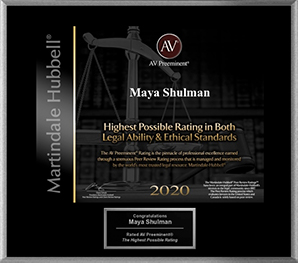California is a community property state, which means that both parties of a marriage have a 50/50 ownership in all property acquired during a marriage. This can be easy to split with things like money. It can even be straightforward with tangible property. In the situation where one spouse keeps the house—the other gets an amount of property equal to half the value of the house.
This gets trickier with less tangible, but no less lucrative, pieces of property like patents or intellectual property.
The timeline matters
According to California law regarding community property, everything you buy or build while together is yours together, even IPs and patents. Creating anything start to finish during your marriage qualifies as community property. If your work on a patent happened before the marriage, this has some grounds for discussion. The courts will evaluate it using any records available and determine how much value to split in the divorce.
On the reverse, if you did much of the work during the marriage but you file the patent after divorce, your ex-spouse is still entitled to a portion of the value based on their marital support.
Evaluating IP
Some IPs do not generate income at the time of divorce but the potential is still there. It comes down to external review and appraisal, combined with a court verdict to determine just how much an intangible creation may have in asset division.
Once established as former community property of a dissolved marriage, it is important to keep track of any records, as an IP that balloons in value may require a portion returned to the ex-spouse that assisted in its creation.







